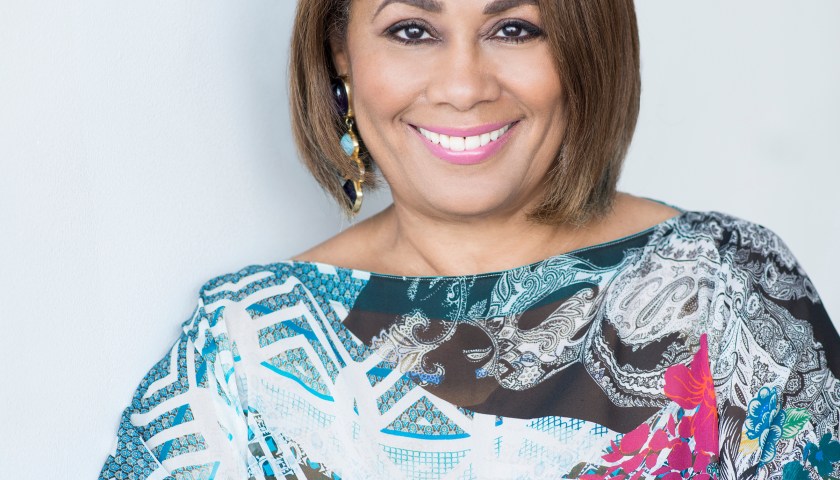Ralph Richards Banks’ book ‘Is Marriage for White People?’ made him the target of angry critics. Now, the author has his say about interracial dating, the link between fewer marriages and the crisis in black communities, and his take on conservative scholar Charles Murray’s latest book on class and race.
In September, UrbanFaith columnist Jacqueline J. Holness wrote passionately about why she wouldn’t be reading Stanford law professor Ralph Richard Banks’ new book, Is Marriage for White People? How the American Marriage Decline Affects Everyone. After receiving a complimentary copy of the book, I read it, then spoke to Professor Banks about its themes and the controversy surrounding them. We also talked about another book that deals with the decline in marriages. That book, Coming Apart: The State of White America, 1960-2010, was written by the polarizing political scientist Charles Murray, who previously co-authored The Bell Curve. The interview has been edited for length and clarity.
CHRISTINE A. SCHELLER: You teach family law at Stanford Law School. What is the relationship between family law and the decline in marriage rates among African Americans that you talk about in your book?
RALPH R. BANKS: The book chronicles some of the changes that were part of the evolution we’ve seen in the last half century. The legality of birth control, abortion, laws regulating people’s intimate lives-those are all part of the master shift that led to people being less likely to marry and more likely to have relationships outside of marriage.
Do you want the law to encourage marriage?
That’s a difficult issue. It’s one of those areas where it’s not clear that we have the right tools to surgically repair what might be a social problem. The big divide in marriage now is between the economically disadvantaged who decide not to marry and whose children are in less stable circumstances and those who are affluent and tend to marry and have much more stable marriages. I don’t think we can easily move people from one category to the other. The best thing to do is to provide more of a safety net for children: improve their educational systems, provide pre-school, high-quality day care for families, even for those who can’t afford it. And then, try to create an economy in which more people are able to be successful. Those are the indirect solutions.
You wrote that in Sweden, people often don’t marry but have long-term committed relationships so their children grow up in more stable homes than some American children whose parents are married. Have you given any more thought to what it is that makes the Swedish arrangement successful?
Sweden is a whole different cultural setting. In the United States, we put a lot of emphasis on marriage. We’re a much more religious nation than a country like Sweden. Marriage is more revered culturally. That’s part of the difference between the U.S. and many of the Northern European countries.
Most Views
- Whitney Houston Funeral [VIDEO]
- PHOTOS: Exclusive Photos Of Whitney Houston’s Burial
- What You Missed: Whitney Houston’s Funeral [VIDEO]
- Divorce Case Between Eddie And Vanessa Long Has Been Closed And Dismissed
- Marvin Winans Calls Whitney Houston’s Funeral ‘Powerful’
- Yolanda Adams Performs ‘I Love the Lord’ In Honor Of Whitney Houston
- Whitney Houston’s Journey ‘Home’ Ends
- Discussion: Christian Rapper Gets Real About Reasons For Infidelity And What Saved His Marriage
- LOCAL NEWS: Mother, Daughter, Suspect Found Dead In Garage
- Thousands Wish Muhammad Ali A Happy Birthday
















